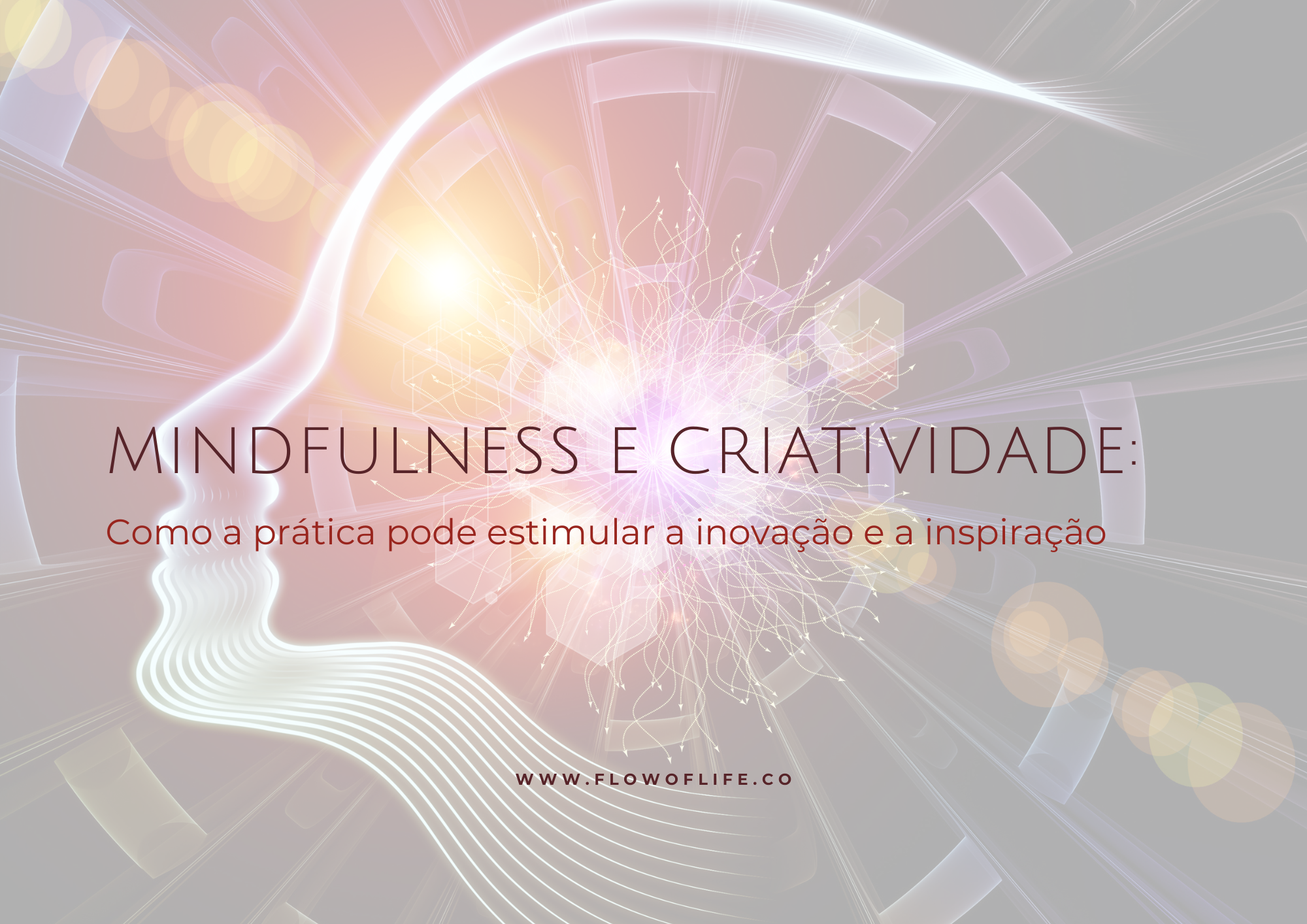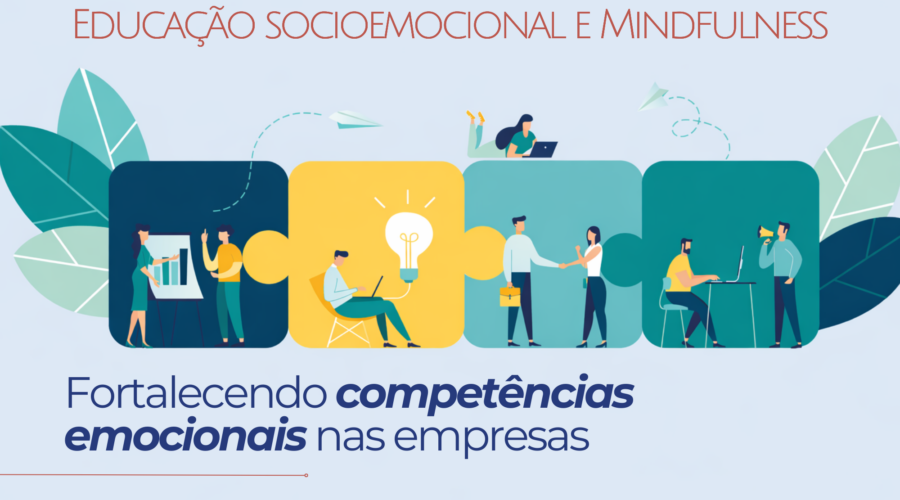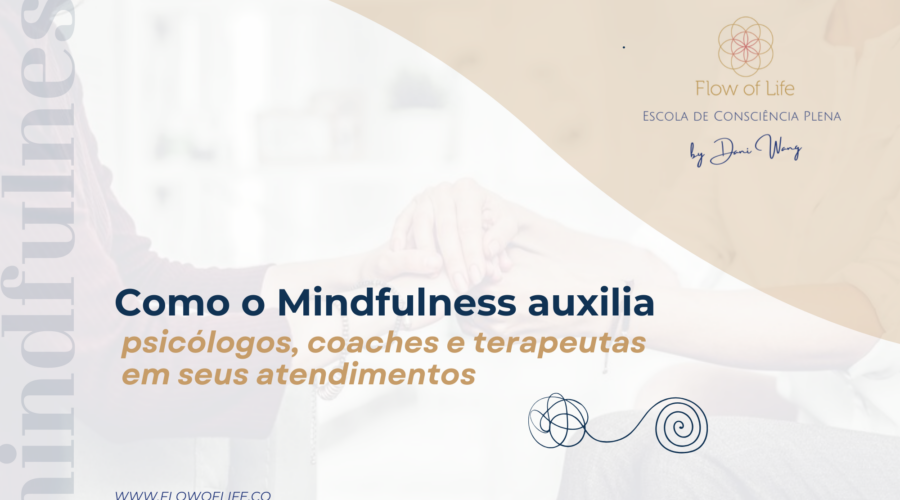Mindfulness, contrary to what many people think, is not just about relaxation and stress reduction. In fact, it's much more than that. The practice plays a crucial role in stimulating creativity and innovation, thus strengthening sustainable thinking and unblocking habitual mental patterns. When we're on "autopilot", the mind tends to follow and reproduce familiar solutions to challenges. However, when we practice mindfulness, we are intentionally present in the here and now and more open to new ideas and perspectives, which can stimulate creativity in many ways.
How about cultivating a beginner's mindset, one of the principles of mindfulness, where we are open to learning and trying new things? This allows us to look at problems with a fresher and more creative mind, without getting stuck in conventional solutions.
In addition, the practice can help us overcome creative blocks by allowing us to observe our thoughts and emotions without judgment. It helps us to identify and release limiting thought patterns that may be preventing our creativity from flowing. Another important aspect is that it helps us to focus our attention more effectively. Instead of getting carried away by distractions, we can direct our attention to the breath, which can lead to creative insights.
And fundamentally, mindfulness can also help us cultivate empathy and compassion, and by having a greater understanding of the emotions and perspectives of others, we can create more innovative and human-centered solutions, favoring a more humanized and collaborative society.
Creativity is an essential skill in the modern world, crucial for innovation in many areas, from the arts to science and business. However, we often find ourselves stuck in automatic routines and repetitive thought patterns that limit our creative capacity. The practice of mindfulness offers an effective way to break out of these automatic cycles, stimulating innovation and inspiration.
But how can I tell that I'm on autopilot? "Autopilot" is a mental state in which we perform tasks automatically, without being fully aware of what we are doing. This state can be useful for routine and repetitive activities, but it can also restrict our creativity. When we operate on autopilot, our brains tend to follow the same neural pathways, limiting our ability to think in original and innovative ways.
Creativity, on the other hand, requires the ability to see things in new ways, make unusual connections and explore different possibilities. To get out of autopilot and access a more creative state of mind requires a higher level of awareness and presence in the moment, which is exactly what mindfulness provides.
How does mindfulness stimulate creativity?
1. Increased awareness and mindfulness: The practice of mindfulness involves focusing attention on the present moment in a non-judgmental way. This increased awareness allows people to observe their thoughts and emotions more clearly, recognizing automatic patterns of thought and behaviour that may be limiting creativity.
2. Reducing stress and anxiety: Stress and anxiety are known enemies of creativity. They can block the flow of ideas and inhibit the ability to experiment and explore new possibilities. Mindfulness is effective in reducing stress and anxiety, creating a more relaxed and open state of mind, conducive to generating creative ideas.
3. Stimulating divergent thinking: Divergent thinking is the ability to generate multiple solutions to a single problem, which is essential for creativity. Studies show that mindfulness can improve divergent thinking, helping people to think in a more expansive and less linear way.
4. Facilitating Incubation: Incubation is the process by which creative ideas mature and develop over time. The practice of mindfulness can enhance this process by allowing the subconscious mind to work on ideas without the interference of excessive conscious thoughts.
5. Encouraging empathy and connection: Creativity often stems from the ability to see things from someone else's point of view or to make connections between different areas of knowledge. Mindfulness can increase empathy and the ability to connect, facilitating the creation of innovative ideas.
And to illustrate this in practice, companies and individuals have recognized the value of mindfulness for creativity and innovation. For example, technology giants such as Google and Apple have incorporated mindfulness programs for their employees, with the aim of promoting a more creative and innovative work environment. Artists and writers also report that practicing mindfulness helps to unlock inspiration and overcome creative blocks.
It thus offers a powerful approach to stimulating creativity and innovation. By breaking out of autopilot and cultivating mindfulness of the present, people can access new levels of creative thinking, reduce stress and anxiety, and foster greater empathy and connection. In a world that increasingly values innovation, mindfulness stands out as an essential tool for unlocking creative potential and inspiring new ideas.
In short, mindfulness can be a powerful tool for stimulating creativity and innovation by helping us to cultivate a beginner's mind, overcome creative blocks, focus our attention more effectively and cultivate empathy and compassion. Integrating mindfulness practices into our daily routine is an effective, intelligent and sustainable way of stimulating creativity and promoting innovation.
You too, activate your creativity and give your career and life a boost!
Want to learn how? Get to know the international Mindfulness protocol through the Eu S.O.U. program, which has already transformed more than 1,000 lives.




